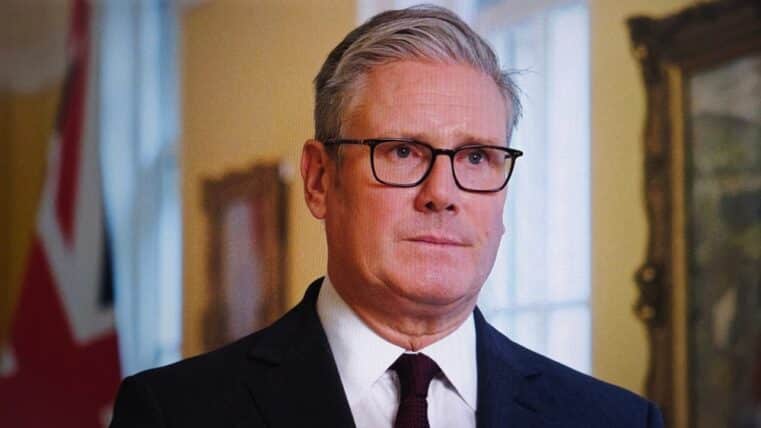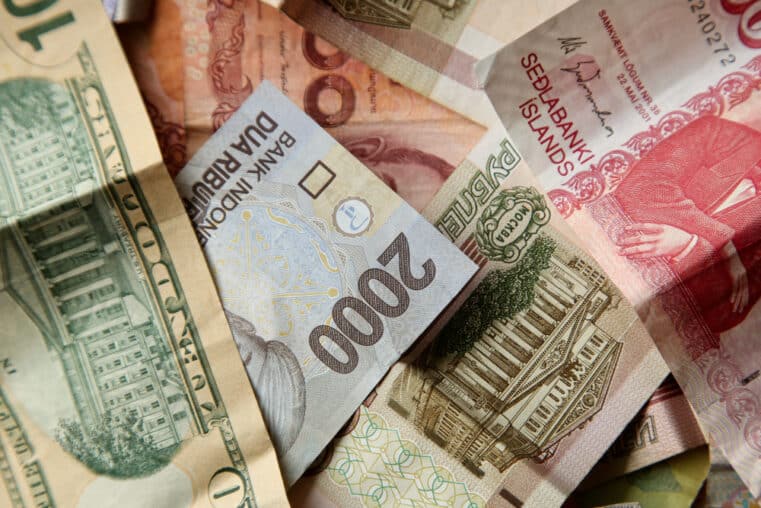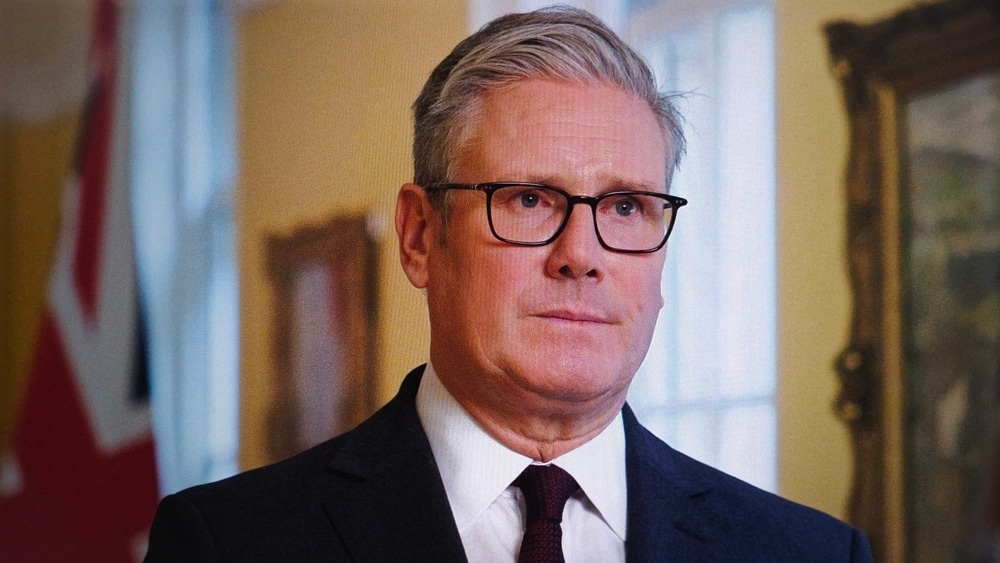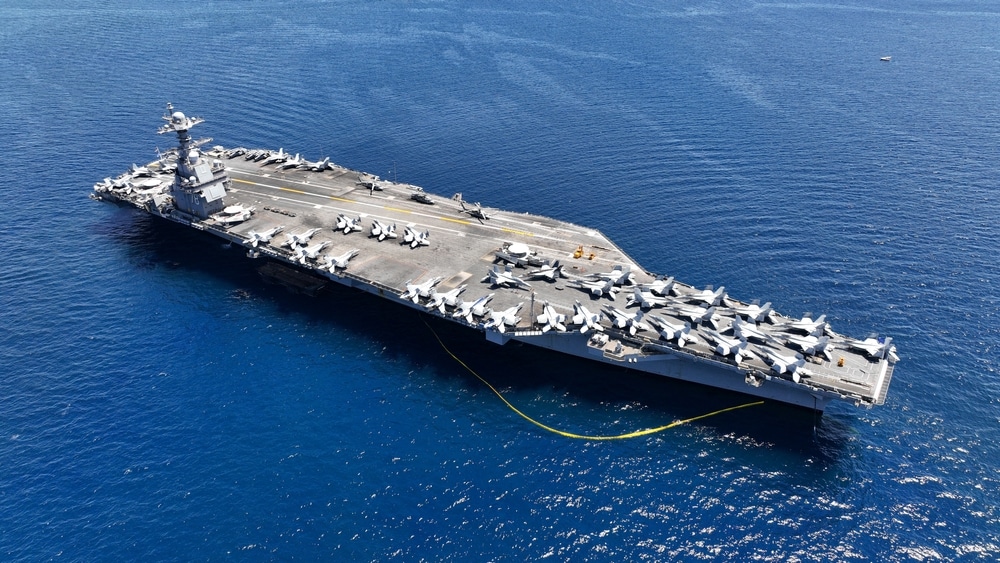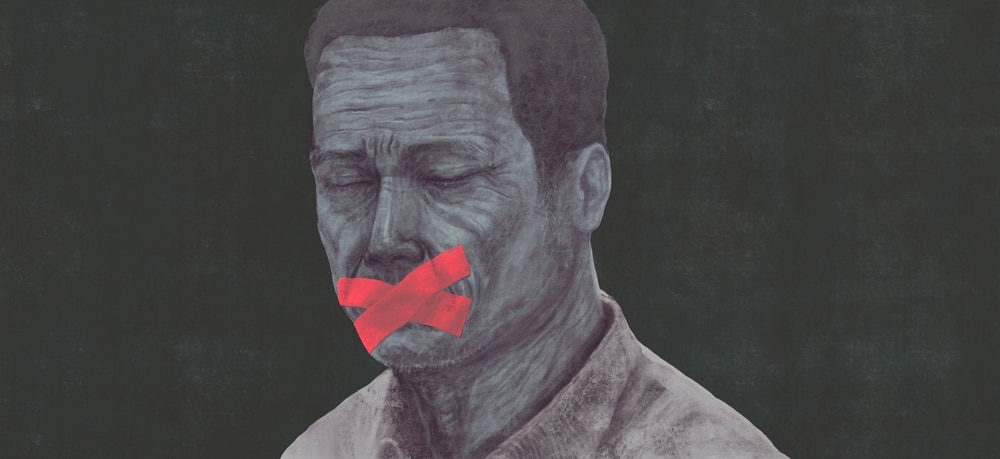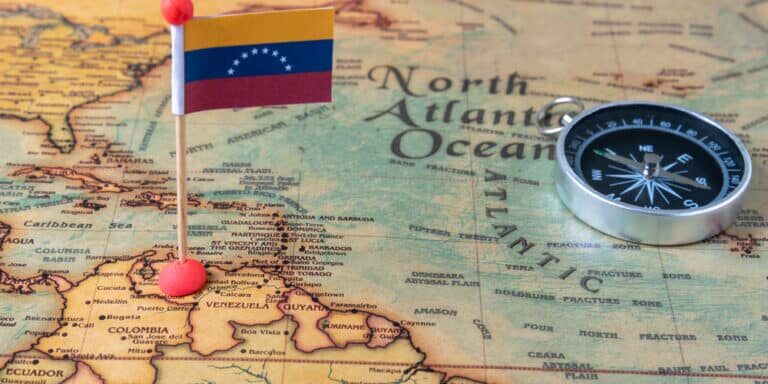
America’s Oil War 2.0: Trump’s Quiet March Toward Venezuela
The Blood Price of Oil: Trump’s Venezuela Gambit
Donald Trump ran on promises to end nation-building and foreign entanglements. He told us Iraq was a disaster and Libya a mistake—and he wasn’t wrong. Under his first term, we didn’t get new wars, and that alone set him apart from the bloodthirsty consensus in D.C.
But now, we’re staring down reports that the White House has drawn up military options for Venezuela—including the outright seizure of oil fields and "surgical" strikes on Maduro. That’s regime change by another name. It may be cloaked in the language of justice, with talk of “narcoterrorism” and humanitarian concern, but it smells like oil-fueled opportunism to anyone paying attention.
According to sources, the DOJ is busy crafting legal rationales to bypass Congress entirely. That should send a chill down the spine of anyone who values constitutional limits and civilian oversight. Just like Obama’s Libya playbook, the executive branch is again eyeing unilateral action—only now with a different party’s stamp on the folder.
Trump’s Dilemma: Rhetoric vs. Reality
To be fair, Trump appears hesitant. He’s not rushing to throw boots on the ground. Sources say he’s worried about endangering American lives and the risk of failure—both valid concerns. His comments have wavered between tough talk and cautious retreat. He’s made it clear he doesn’t want war, and unlike his predecessors, there’s a visible reluctance to repeat Iraq in Latin America.
That tension matters. It suggests that Trump’s instincts may still lean toward restraint, even as his cabinet leans toward intervention. That’s where supporters must stay vigilant: to ensure this administration’s actions match its promises. Because once you let the war hawks chart the course, the bombs fly before the public can blink.
The Economics of Empire
Let’s drop the patriotic fog and talk numbers.
What’s really going on here is the age-old dance of state planners meddling in markets. Venezuela won’t play ball with the petrodollar or submit to IMF shackles, and that makes them a threat—not to your safety, but to the financial order that props up D.C. and Wall Street.
The State thinks seizing foreign oil fields will bring down Maduro and prop up U.S. energy dominance. But this kind of central planning always fails. Every top-down scheme to control markets—whether it’s in energy, currency, or war—leads to unintended consequences and economic distortion. You can’t bomb your way to prosperity. You can’t force liberty down a barrel.
And while they print trillions to fund their adventures, the cost is paid by you. Inflation. Currency debasement. Broken supply chains. Another empire hemorrhaging wealth while pretending it’s maintaining “stability.”
Rubio, Miller, and the War Faction
Let’s not forget the players here. Marco Rubio has always been a cheerleader for foreign intervention. His fingerprints are all over this. The fact that he’s even in Trump’s orbit tells you how far the deep state’s tentacles reach.
Stephen Miller’s presence is more surprising, but he appears aligned with the hardliner push. Between them, they’re reviving the same foreign policy rot that gave us decades of Middle East quagmires.
It’s possible Trump’s being boxed in—surrounded by war-hawks pushing a narrative of noble intervention. That’s why we must separate what Trump says from what his administration does.
Russia, the Caribbean, and the Coming Collision
While D.C. eyes Caracas, the Pentagon is quietly staging a buildup in the southern Caribbean. 10,000 troops. Eight Navy ships. Special operations teams on standby. Puerto Rico is becoming a launchpad, and Roosevelt Roads is humming again.
Meanwhile, Maduro’s phoning Moscow. Russia’s bogged down in Ukraine, sure—but this could be their counterpunch. The U.S. funded weapons to Kiev. Why wouldn’t Russia arm Venezuela?
It’s the same Great Game, just with different pawns. And once the match starts, it’s the working class that pays in blood and blown-up dollars.
Final Thought: Watch What They Do, Not What They Say
Trump’s instincts may be anti-interventionist, and that deserves credit. But intentions mean nothing if the machine moves without you. The war lobby doesn’t need your permission—it just needs your silence. And if you don’t push back now, you’ll wake up to another televised airstrike sold as "freedom."
Don’t get distracted by the personalities. Focus on the policies. The swamp doesn’t drain itself. And foreign wars don’t just “happen”—they’re made, manipulated, and marketed. Resist the bait.
Take Action:
This is the calm before the next economic and geopolitical storm. Download Seven Steps to Protect Yourself from Bank Failure by Bill Brocius. Discover how to shield your wealth from inflation, war fallout, and central bank collapse. Get off the grid—financially, digitally, and mentally.
Stay sharp. Stay skeptical. Stay sovereign.




